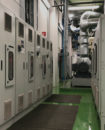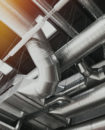Top 15 ways to get better HVAC energy efficiency in your Hotel
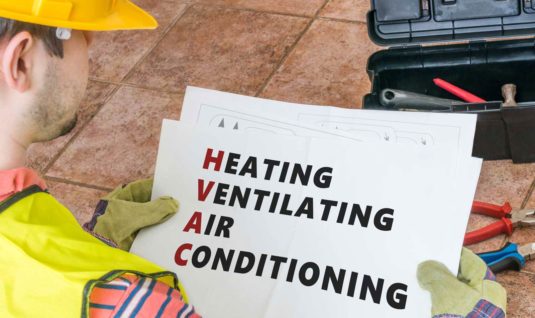

Efficient HVAC systems are essential for hotels as costs continue to rise and guest rooms in particular consume much of the property’s energy.
HVAC consumes around 85 per cent of guest room energy on average so the most energy efficient HVAC systems will cut operating costs while pleasing guests.
We want to share with you here the top 15 ways that you can maximise your hotel’s energy efficiency.
Hotels that focus on HVAC energy efficiency improvements and ensure that they use the least energy needed for optimum efficiency and guest satisfaction will be rewarded with controllable and lower operating costs.
1. Retrofitting
Retrofitting is a cost-effective way to extend the life of a big HVAC system without putting intense pressure on capital budgets.
It’s a good way to upgrade an aging workhorse that has been well-maintained. By adding or replacement parts, it is estimated that you can reduce energy consumption year-on-year by more than a third. As always, the focus will be on improving guest comfort while reducing costs.
Efficiencies can be easily gained through:
- Variable Speed Drives – VSDs can deliver energy savings of up to 50 per cent, with ROI in 6 to 12 months
- Adding demand-controlled ventilation
- Air side economisers that utilise cool exterior air
- Replacement compressors
- Condenser fan controls
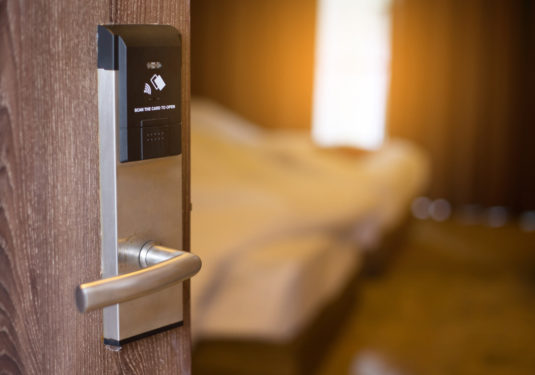

2. Smart room controls
Smart in-room wireless energy management solutions are a clear way to make HVAC energy efficiency improvements. The most effective systems combine a door sensor with body heat detection while ensuring that guests have complete control over their environment.
The system takes control of the HVAC when the guest leaves the room, resetting the temperature to energy-conserving levels.
An advanced system of this type has clear advantages over standard keycard systems that simply trigger the HVAC when a guest enters or leaves, which can mean that the room is not at an optimum temperature. The system can also be bypassed if a guest leaves the keycard in its holder when they leave the room.
Advanced smart HVAC controls are also ideal for other areas of the hotel, such as conference and meeting rooms.
These controls can be combined with building energy management solutions to provide extensive data for hotel owners and managers to optimise energy consumption in all areas while flagging faults for priority action.
3. Efficient insulation
Manage your HVAC air resource more effectively through optimum insulation. By containing the conditioned cool and heated air through properly insulated windows, ceilings, floors and walls, you control your energy costs more effectively.
or reference, how effectively materials insulate an area is measured by the “r value” so the higher this is, the more it traps HVAC air. With this in mind, check ducts, pipes and other outlets that could be a drain on energy.
4. Upgrade HVAC equipment
If you decide to go for a full HVAC upgrade for a system installed more than a decade ago, you should be certain to reap a far quicker ROI than when the old plant was installed. The newer models, governed by EU energy policy, have far better Seasonal Energy Efficiency Ratio (SEER) and Energy Efficiency Ratio (EER).
For reference, SEER is the ratio of cooling output in British thermal units (BTU) divided by electricity usage in kilowatt hours and higher is better. The benefit of SEER is that it uses real seasonal cooling measures rather than lab conditions. EER, on the other hand, does use strict lab conditions for the calculations.
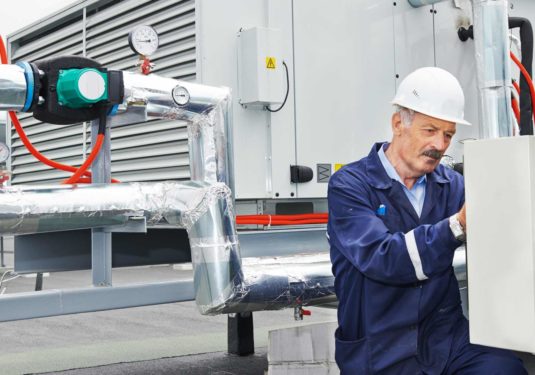

5. Optimise airflow
Effective housekeeping is a simple way of ensuring the most energy efficient HVAC systems. You can make a big difference to overall energy consumption by keeping HVAC clean and clear of dust, debris and leaf-fall. Furniture should not block ducts and vents.
6. Regular maintenance
It’s imperative to ensure you have a detailed and regular maintenance programme for the most efficient HVAC system, based on seasonal changes. Well maintained equipment lasts longer with fewer faults and this will help to spread costs of repairs.
7. Replacement routines
Regular HVAC inspection helps to identify damaged or missing insulation on pipes and ducts while highlighting any need to repair leaking air ducts.
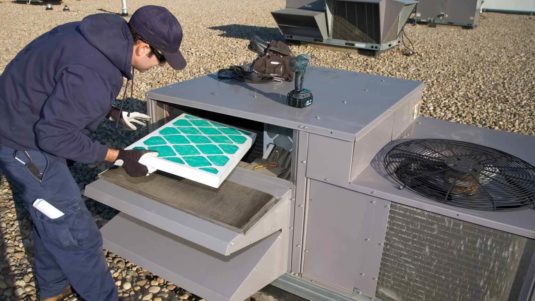

8. Regular cleaning
As part of the overall maintenance, make sure to clean all heating units, heating coils and heat exchangers.
9. Identify structural improvements
Where appropriate and feasible, an energy audit focused on the building design can pinpoint areas where energy is being used inefficiently. It might be that an agile redesign of that part of the hotel will deliver ongoing energy savings, through better insulation, doors seals and effective airflow.
10. Check the thermostat
Consider the optimum temperature ranges that guests and staff will find most genial. It’s true that people are fairly tolerant of heat changes up to two or three degrees Celsius. It could be that having a policy of setting programmable thermostat levels to mirror more closely outside temperatures will have little impact on guests while delivering savings. Of course, guests should always have the benefit of smart room controls.
